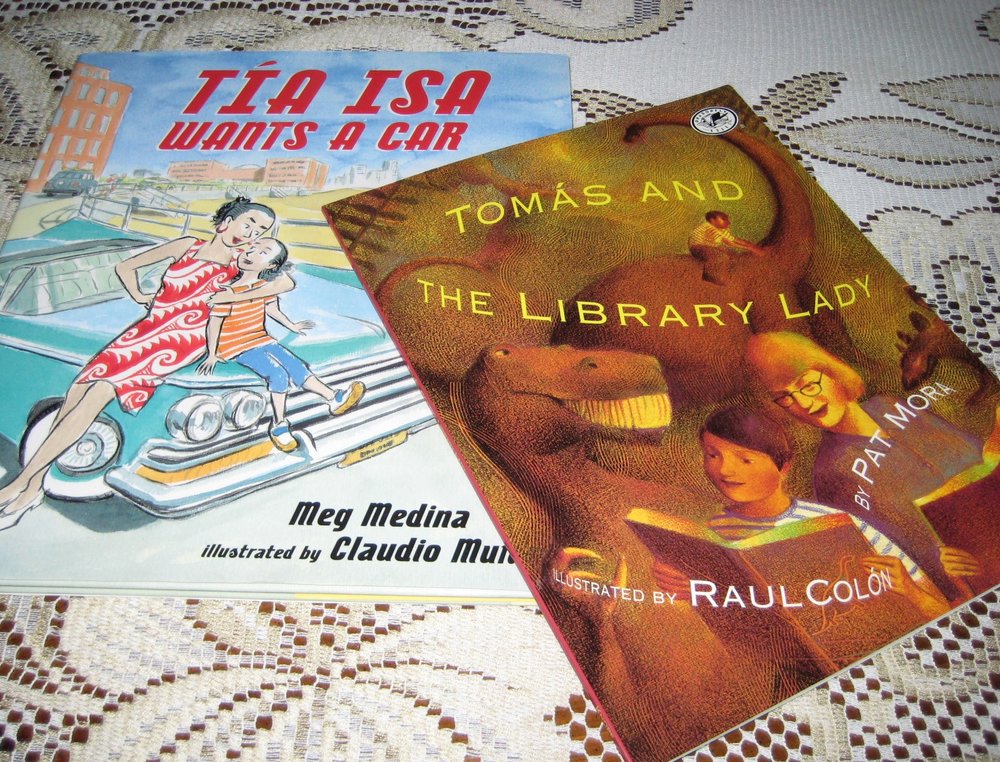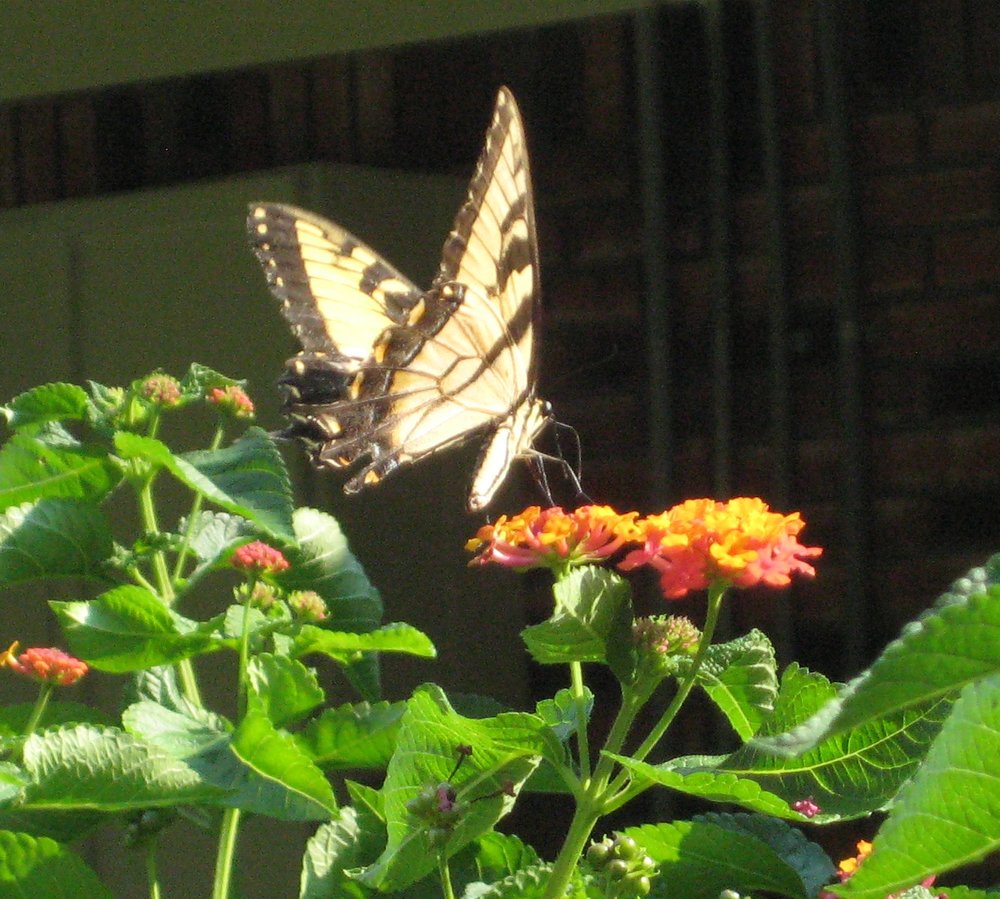 Strangeness pops up in this blog, first because it is in honor of National Hispanic Month which runs oddly from September 15 to October 15. To be honest, the book was read and the review written a couple of weeks before I knew the month was coming and was in my stash for when I needed a blog but time was short. My other confession is that I don’t need a special month since I have a number of writers from that heritage that I read regularly – Meg Medina, Margarita Engle, Pam Munoz Ryan, and Pat Mora – just to name a few.
Strangeness pops up in this blog, first because it is in honor of National Hispanic Month which runs oddly from September 15 to October 15. To be honest, the book was read and the review written a couple of weeks before I knew the month was coming and was in my stash for when I needed a blog but time was short. My other confession is that I don’t need a special month since I have a number of writers from that heritage that I read regularly – Meg Medina, Margarita Engle, Pam Munoz Ryan, and Pat Mora – just to name a few.
It’s also a bit strange to start a book review at the end, but a note in the postscript to Julia Alvarez’s novel In the Time of Butterflies captures the story. “A novel is not, after all, a historical document, but a way to travel through the human heart.” In yet another strangeness, I recommend starting with the postscript and the author’s note in the back matter before you begin reading the book. Its story starts at the end, much like To Kill a Mockingbird begins with Jem’s arm in a sling.
The absorbing story traces the lives of Las Mariposas – the butterflies – as they make their way through love, hairbrushes, gun running, and rebellion against the dictator Trujillo. Perhaps I became more engrossed 
Julia Alvarez takes the real Mirabel sisters and their murder on a lonely mountain road and spins a novel taking turns in each of their voices. The suspense holds the reader who continues to brace against the inevitable ending.
Early on, I retraced my reading to be sure I was not reading about Cuba. The history is similar. At the end, I pondered how life (sickness, laughter, love) goes on in the middle of a revolution. I also felt a need to go back and learn more about the Dominican Republic.

Don’t we all?